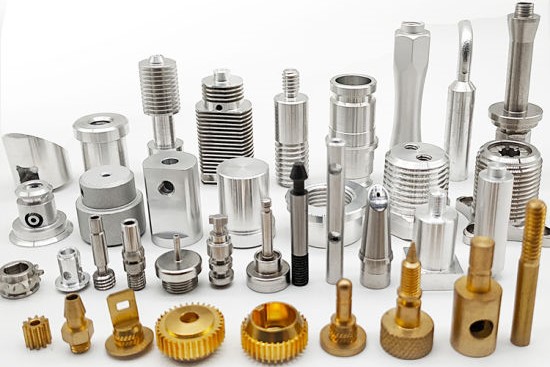Precision M/C Parts & Tooling refers to the manufacturing of precise components and tools using advanced technology and machinery. These components and tools are essential in various industries such as aerospace, medical, automotive, and electronics, to name a few. In this blog post, we will explore what precision M/C parts and tooling is, the process involved in manufacturing these parts, and their significance in various industries.
What are Precision M/C Parts & Tooling?
Precision M/C Parts & Tooling is the process of creating high-quality components and tools using advanced technology and machinery. These parts and tools are typically produced in small quantities and have very tight tolerances. The precision M/C parts and tooling industry is characterized by its high degree of accuracy and precision, which is achieved through the use of advanced computer-controlled machinery and tools.
The Process of Manufacturing Precision M/C Parts & Tooling
The manufacturing process of precision M/C parts and tooling involves several stages, each requiring a high degree of accuracy and precision. Here are the stages involved in the process:
- Design and Prototyping – The process begins with the creation of a 3D CAD model of the part or tool. This model is then used to create a physical prototype that is tested for accuracy and functionality.
- Material Selection – The next stage involves the selection of the appropriate material for the part or tool. Materials used for precision M/C parts and tooling include metals such as steel, aluminum, and titanium, as well as various types of plastics.
- Machining – Machining involves the use of advanced computer-controlled machinery to shape the raw material into the desired shape and size. CNC machines, lathes, and milling machines are commonly used in this process.
- Finishing – Once the machining process is complete, the part or tool undergoes a finishing process to remove any sharp edges or imperfections. This process may involve grinding, polishing, or sandblasting.
- Inspection – The final stage of the process involves the inspection of the finished part or tool to ensure that it meets the required specifications and tolerances. This is done using advanced measuring equipment such as coordinate measuring machines (CMMs) and laser scanners.
Significance of Precision M/C Parts & Tooling in Various Industries
The precision M/C parts and tooling industry is critical in various industries, including aerospace, medical, automotive, and electronics. Here are some examples of how precision M/C parts and tooling are used in these industries:
- Aerospace – Precision M/C parts and tooling are used in the manufacture of various aircraft components such as turbine blades, engine parts, and landing gear. The aerospace industry demands high precision and accuracy in its components and tools to ensure safety and reliability.
- Medical – In the medical industry, precision M/C parts and tooling are used to create surgical instruments and implants. These parts and tools need to be precise and accurate to ensure the success of surgical procedures and the safety of patients.
- Automotive – Precision M/C parts and tooling are used in the production of various automotive components such as engine parts, transmissions, and suspension systems. The automotive industry demands high-quality and precise parts and tools to ensure the safety and reliability of its vehicles.
- Electronics – Precision M/C parts and tooling are used in the manufacture of various electronic components such as circuit boards and connectors. These parts and tools need to be precise and accurate to ensure the proper functioning of electronic devices.
Conclusion
In conclusion, precision M/C parts and tooling are critical components in various industries, and their manufacturing process requires a high degree of accuracy and precision. The use of advanced technology and machinery in the process of manufacturing precision M/C parts and tooling has revolutionized the industry, allowing for the creation of complex and precise components and tools.

